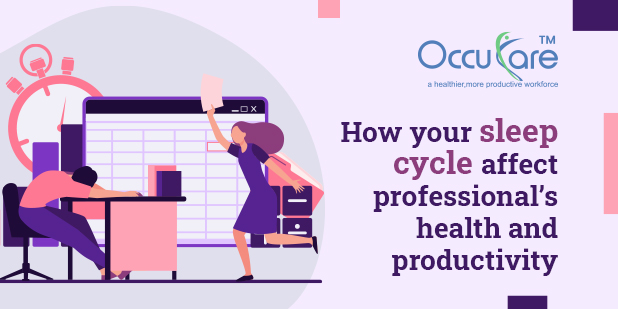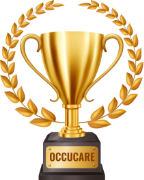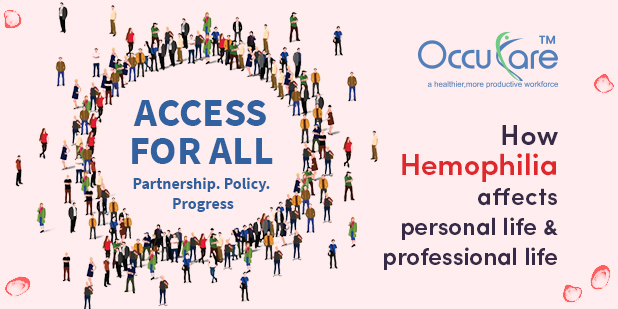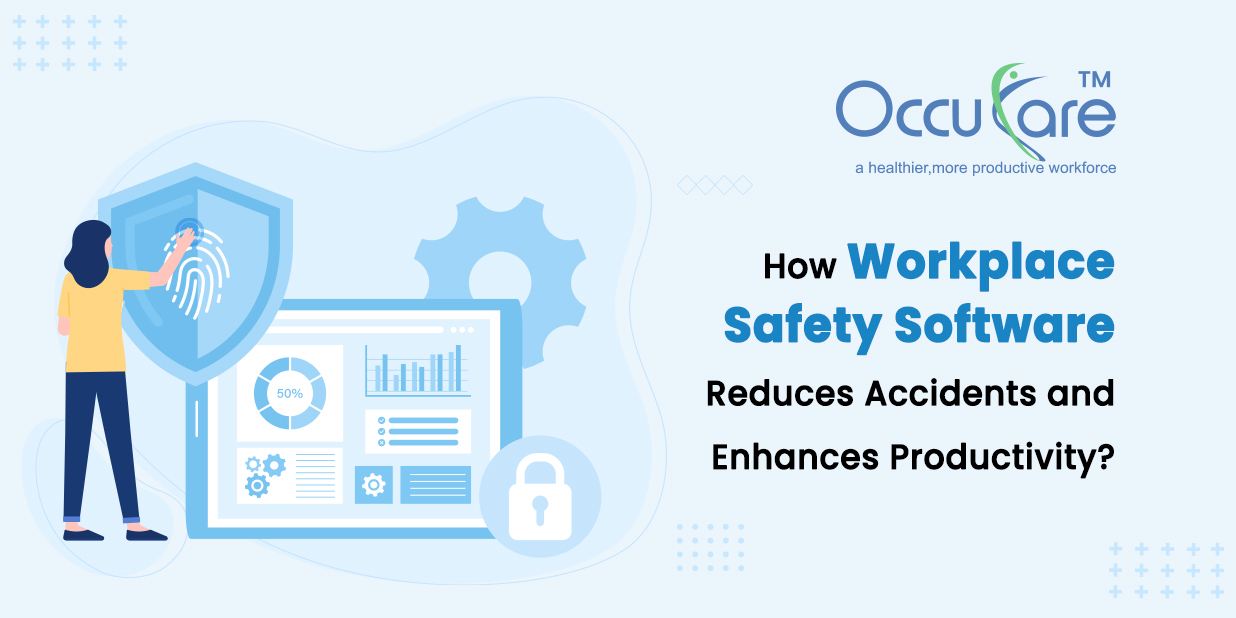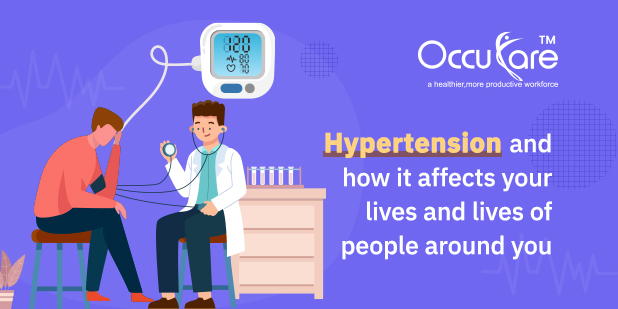“I’m constantly on the move.” I enjoy doing things until I reach my breaking point. Then I need to get my 12 hours of sleep, and I’m back on the road.” Sleep and productivity are two components of life that must not be overlooked. They are inextricably linked to a happy life. The importance of adequate sleep for one’s productivity has been proven time and time again. Check out the best health and safety management system software.
Sleep deprivation causes a wide range of cognitive problems. Human functionality is severely harmed by lack of sleep, which manifests as inability to sustain concentration, decreased alertness, delayed reaction time, dulled perception, changed emotional processing, and inability to think effectively. Productivity suffers as a result of this.
Sleep and high-quality work performance are inextricably linked. Your health, well-being, and productivity all increase when you get enough sleep. Sleep aids the body’s physical recovery. Your body tissues mend and strengthen while you sleep. To support cardiovascular health, your heart rests and your blood pressure changes throughout the night. Your body also produces hormones that help your immune system fight infections while you sleep, so getting enough sleep can help you avoid getting sick and recover quickly. Sleep also aids in the improvement of mental health, mood, and cognitive performance. You will feel refreshed and rejuvenated if you get adequate quantity and quality sleep. Your brain generates and maintains memory-forming and memory-retention pathways while you sleep. These procedures aid in the development of learning and problem-solving abilities, both of which are necessary for top job performances.
Almost every system in the body benefits from sleep. Our eyelids close, our breathing slows, and our muscles gradually relax as we fall asleep. The brain’s neurons flip to a sleeping state, kicking off a slew of metabolic processes that rejuvenate our bodies and minds. Our cardiovascular and immune systems, as well as our ability to think clearly, learn new information, and control our emotions, all benefit from the restoration offered by sleep.
People are notorious for being chronically sleep-deprived. According to the Centers for Disease Control and Prevention, about one-third of individuals receive less than 6 hours of sleep each night, despite the National Sleep Foundation’s recommendation that most adults require 7 to 9 hours of sleep (CDC). This exhaustion inevitably spills over into the workplace, with over 38% of employees in the United States reporting fatigue at work for at least two weeks, according to 2007 research.
Attempting to work while sleep-deprived can have a major negative influence on job performance. Functions across the body perform unconventionally when you don’t get enough sleep. Overworked neuronal networks in the brain impede cognition, inhibit physical reactions, and leave people psychologically exhausted. These relatively brief consequences of sleep deprivation might derail a day’s effort. Chronic sleep deprivation can lead to a higher risk of obesity, heart disease, cognitive decline, and dementia.
Sleep deprivation can make maintaining focus, attention, and vigilance more difficult. It takes a lot of mental energy to feel drowsy and strive to stay awake, making it difficult to stay focused on extended tasks or ones that need attention. This loss of focus could be linked to the influence of microsleeps, which are brief periods of non-responsiveness (0.5 to 15 seconds) that produce attention lapses.
How to Get Better Sleep:
If you’re worried about your work performance because of sleep deprivation, there are a few things you can do to enhance your sleep.
Boost Your Sleeping Habits: Every day, waking up and going to bed at the same time helps your body settle into a regular sleep routine. Exercise or outdoor activity on a daily basis can also help you sleep better. Exercising too close to bedtime is not a good idea. Also, think about what you eat in the hours leading up to bedtime. Both nicotine and caffeine are accelerators that can cause you to stay awake. Heavy meals and alcohol should be avoided because they can cause you to wake up in the middle of the night.
Adopt a Sleep Schedule: Avoid artificial light from gadgets, such as TVs, cell phones, and computers, one hour before bedtime. These lights have the ability to excite the brain and keep you awake for longer periods of time. Instead, engage in a peaceful and pleasant pastime. A warm bath, meditation, reading, or listening to soothing music are all options.
Make a Sleep-Friendly Environment:
Keep the following suggestions in mind when designing a sleep-friendly environment:
Make it Dark: Light might make it difficult to sleep. To keep light out of the room, use a sleeping mask or dark drapes.
Reduce the amount of noise: Excess noise can be blocked with earplugs or noise-cancelling headphones. To drown out annoying noises, use a fan or a white noise machine.
Cool the Space: As you sleep, your body temperature drops. Find a temperature that doesn’t make you feel excessively hot or cold when you wake up. Try using a fan or light blankets to see what works best for you.
Consider Taking a Daytime Nap: Consider taking a power nap if you’re feeling tired in the middle of the day. Napping for 10 to 20 minutes at work can offer you the boost in alertness you need to perform properly. Have a look at the best employee health software.
No screens before bed: “One hour before bedtime, no phones, tablets, TVs, computers, or other electronic devices.” Carter gives advice. “This is due to the intense light hitting your eyes, as well as the fact that what you’re looking at on these devices is either going to thrill or stress you out.” Blue light, in particular, has the potential to alter circadian rhythms and melatonin control (a sleep hormone). While apps can help limit blue light from devices at night, a rigorous screen restriction is still the best option.
It will take time to make positive adjustments in your sleeping habits. You’ll discover which sleep habits are ideal for your body and health with patience and experience. You will feel better and be more productive at work if you get higher quality and quantity sleep.
